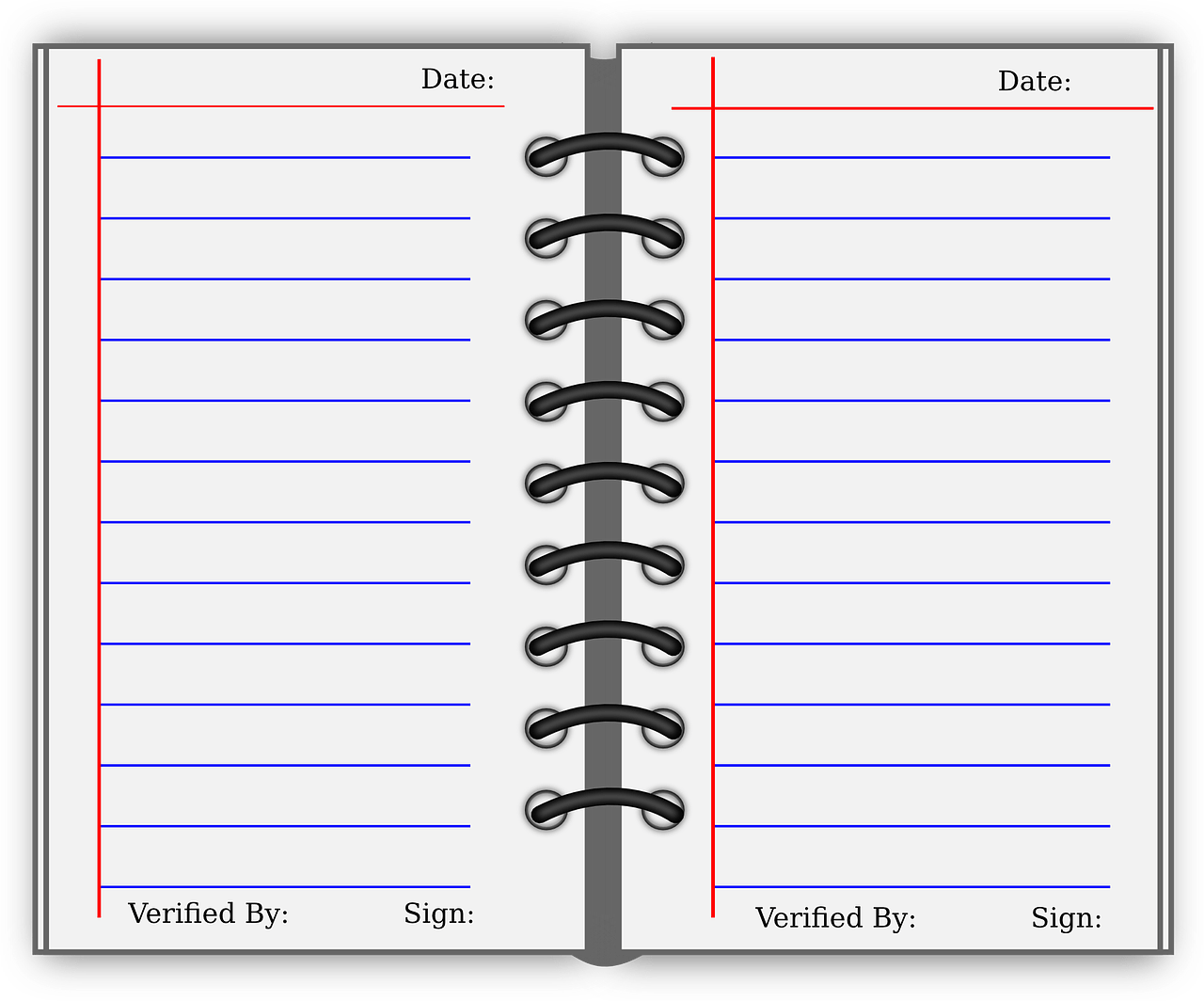When Supervision Goes Wrong
The PhD candidate-supervisor relationship is one of the strongest predictors of PhD completion. A positive supervisory relationship can act as a strongly protective factor for adverse life events, and similarly, a negative relationship is highly linked to doctoral attrition and other adverse health outcomes. The first year of most student-supervisory relationships is almost certainly positive. Students often look up to their supervisor and respect them deeply. This ‘honeymoon’ effect is very common in all sorts of relationships including when joining a new job or joining a new lab group. As a result, Honours and Masters student-supervisor relationships will likely be very positive whereas PhD student-supervisor relationships may be different due to the multi-year nature of the relationship.
If you prefer, you can download our Quick Help Guide on When Supervision Goes Wrong by clicking the button below.
NB: in this article, we refer to PhD candidate-supervisor relationships, however, this is equally applicable to Masters student-supervisor relationships or Honours student-supervisor relationships. Given that research “students” spend most of their time “doing” research, we are reluctant to call this a “student-supervisor” relationship as the term “student” has strong connotations of a relationship where the student is purely the learner and not the director of their research project.
Noticing When Things Go Wrong
It is important to continually reflect on your position and progress. To keep you grounded, keep in touch with other students around you (both students who are in your lab, and students outside of your lab). Discuss with your colleagues to see if your behaviour, your performance, your supervisors’ behaviour, and your supervisors’ performance is on par with your colleagues’ experiences. Be sure not to compare yourself to others – use these comparisons to gauge what is considered “normal” in a supervisory relationship. That said, we still think there are some baseline absolute markers of what may be a supervisory relationship that has worsened.

When Things are Wrong
- Do you feel like you’re “walking on eggshells” around your supervisor?
- Does your supervisor know what your research is about?
- Does your supervisor give useful advice or feedback about your work?
- Does your supervisor appear disinterested in your work?
- Does your supervisor take excessive time to respond to you? (E.g. more than 1 working week).
- Has your supervisor stopped responding to you?
- Does your supervisor degrade or insult you or your work?
- Does your supervisor blame you for things outside your control?
- Does your supervisor verbally abuse you?
There are three things you should do in the face of these sorts of issues: (i) document, (ii) seek support, and consider (iii) raising your concern.
Document:
In general, we would recommend you keep a private journal of these incidents. For example:
“On 01/01/2022, ___ happened. The people who witnessed this occurring were ___”.
If this occurred via email, also consider saving a copy of the email to your personal device (and not on University-managed servers). This is formally known as “covering your ass”. Even if they are minor infractions, keeping a log of these issues is just good for your personal peace of mind that you have this all written down somewhere and won’t “forget” what happened.
Consider keeping minutes of any meetings you have with your supervisor. Recording the action points that arise from meetings can help demonstrate a supervisor’s unreasonable or one-sided expectations.

Seek Support:
You should definitely seek support from people around you – e.g. friends/family, other postgraduate students, your local FMHS-PGSA, counsellor support, psychologist support, or doctor support. If you feel your friends/family or other postgraduate students around you will not understand your current situation in a warm and empathetic manner, feel free to email your friendly FMHS-PGSA at fmhspgsa@auckland.ac.nz.
Also keep in mind that when under a prolonged stressful situation, poor mental health can occur which can lead to development or exacerbation of present underlying mental health conditions (e.g. depression, anxiety). If you find yourself in a persistent low mood or persistent anxiety (e.g. longer than 2 weeks), do consider seeking medical attention and attend psychologist/counsellor/doctor support.

Raise your concern:
If these issues continue to persist and are tangibly affecting your ability to function effectively as a team (e.g. student/supervisor team), consider raising these issues. We note that this is incredibly difficult for students to raise the alarm because the supervisor holds excessive power in the relationship. You could start by approaching other students to talk through this; but this has very limited effects because the most they could potentially do is offer collegial support. To raise your concern, you should approach your departmental graduate adviser (DGA) https://www.auckland.ac.nz/en/fmhs/current-students/doctoral-students/contact.html. They are supposed to provide pastoral support for students. In the situation that your supervisor is the DGA, you should be contacting your head of school or head of department. Following failure to resolve this issue, your next port of call would be the Associate Dean (Postgraduate) – currently Professor Trevor Sherwin.
Email the relevant person, explain you’d like to meet with them about current problems. Present the facts and your version of events. They are obliged to provide a safe environment to express your concerns. With your permission, they will discuss with you options to resolve this issue. Because every person will encounter very different problems, it is very difficult to know what the outcome will be. Hopefully, the meeting will be productive and will have a positive effect. After the meeting, be sure to document when you met with a person, what was talked about, and the actions following.
Examples of actions that could be taken:
- Mediated meeting
- Another academic must be present at all future meetings with the student and supervisor
- Co-supervisor takes over as supervisor
Again, there is no one-size-fits-all solution to problems as each problem will need its own case-by-case solution.


When things are really wrong
- Has your supervisor published your data/work without your consent? (Academic misconduct)
- Has your supervisor taken credit for your work? (Academic misconduct)
- Has your work been plagiarised? (Academic misconduct)
- Have you been yelled at, threatened, harmed, or intimidated? (Bullying / Assault)
- Have you been met with unwanted sexual advances? (Sexual harassment)
In serious situations like the above, you should immediately document what has happened, and go straight to your departmental graduate adviser (DGA) or Head of Department / Head of School. Consider bringing a support person to these meetings if that would make you more comfortable.


